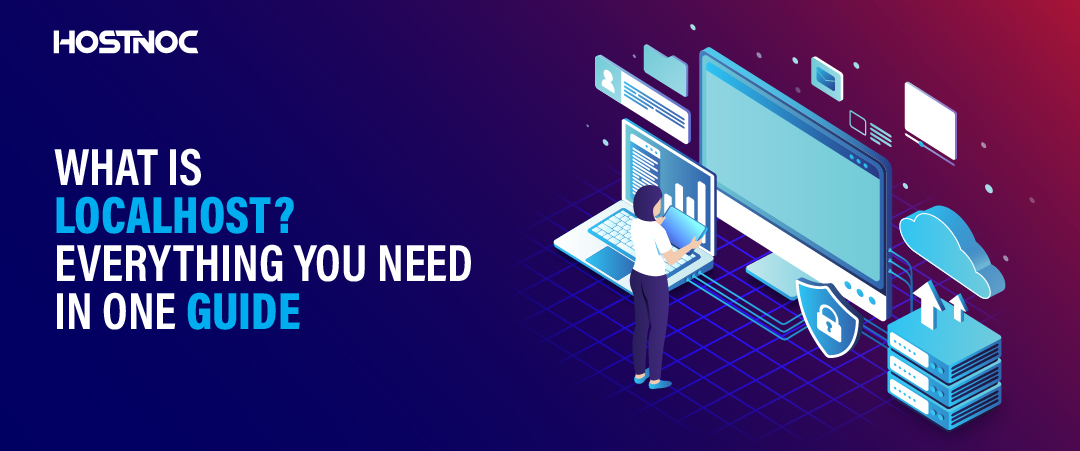Blogs

10 Ways In Which Web Hosting Is Transforming E-Commerce?
June 30, 2023
7 Key Takeaways From Cloud Detection and Response Survey Report 2023
July 19, 2023Future of Hosting: Predictions and Innovations in the Industry
In the fast-paced digital era, where businesses thrive by establishing a strong online presence, the realm of web hosting and dedicated servers is undergoing a remarkable metamorphosis. Brace yourselves as we embark on an exhilarating journey to uncover the future of hosting.
This captivating article dives deep into the exciting predictions and groundbreaking innovations that are poised to reshape the industry. If you’re a business seeking web hosting and dedicated server solutions, get ready to be enthralled by our invaluable insights. Together, let’s unravel the mysteries and unlock a world of boundless possibilities.
In the fast-paced digital era, where businesses thrive by establishing a strong online presence, the realm of web hosting and dedicated servers is undergoing a remarkable metamorphosis. Brace yourselves as we embark on an exhilarating journey to uncover the future of hosting.
This captivating article dives deep into the exciting predictions and groundbreaking innovations that are poised to reshape the industry. If you’re a business seeking web hosting and dedicated server solutions, get ready to be enthralled by our invaluable insights. Together, let’s unravel the mysteries and unlock a world of boundless possibilities.
- Future of Web Hosting: Predictions and Innovation in the Industry
- 1. The Rise of Edge Computing:
- 2. Cloud-Native Architecture:
- 3. Increased Emphasis on Security:
- 4. Artificial Intelligence and Machine Learning Integration:
- 5. Green Hosting and Sustainability:
- 6. Hybrid and Multi-Cloud Hosting:
- 7. Enhanced Support and Managed Services:
- Conclusion:
Future of Web Hosting: Predictions and Innovation in the Industry
1. The Rise of Edge Computing:
One of the most significant developments in the hosting industry is the emergence of edge computing. As businesses strive for faster response times and reduced latency, edge computing brings data storage and processing closer to the end-users. By deploying micro data centers at the network edge, businesses can deliver improved performance and enhanced user experiences, particularly for applications like IoT, real-time analytics, and content delivery.
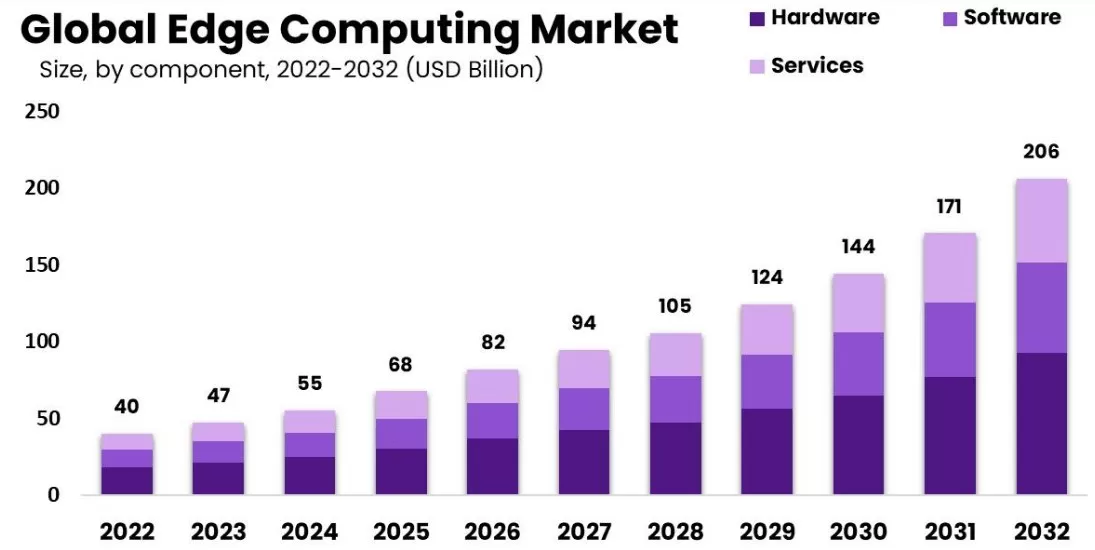
2. Cloud-Native Architecture:
Cloud hosting has revolutionized the way businesses manage their online infrastructure. Going forward, the trend towards cloud-native architecture is set to accelerate. This approach involves designing applications specifically for the cloud, leveraging microservices, containerization, and server less computing. Cloud-native hosting enables scalability, agility, and cost optimization, allowing businesses to focus on innovation rather than infrastructure management.
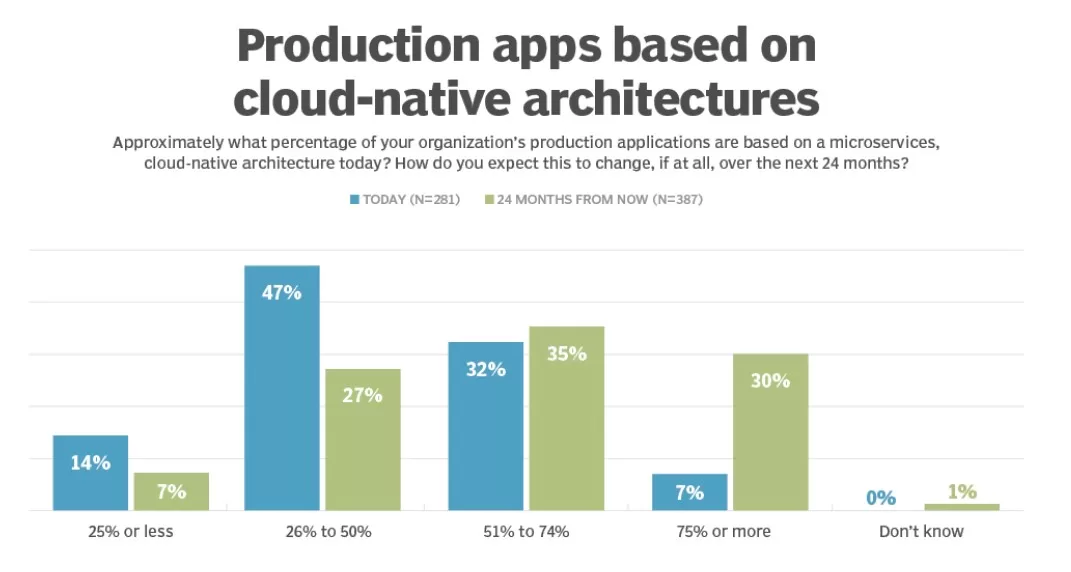
3. Increased Emphasis on Security:
With cyber threats growing in sophistication, businesses must prioritize security in their hosting solutions. Just like the future of cloud, the future of hosting will witness a stronger focus on proactive security measures. This includes advanced threat detection, encryption protocols, secure APIs, and regular vulnerability assessments. Hosting providers will invest heavily in robust security frameworks to protect businesses and their valuable data.
4. Artificial Intelligence and Machine Learning Integration:
Artificial Intelligence (AI) and Machine Learning (ML) are transforming various industries, and hosting is no exception. AI-powered hosting platforms can optimize resource allocation, predict traffic patterns, and provide proactive monitoring and issue resolution. Machine learning algorithms analyze data to identify performance bottlenecks, predict failures, and automate routine tasks. As AI and ML continue to evolve, hosting solutions will become more intelligent and efficient.
5. Green Hosting and Sustainability:
As environmental consciousness grows, businesses are increasingly seeking hosting solutions that align with their sustainability goals. The future of hosting will witness a greater emphasis on green initiatives. Hosting providers will adopt renewable energy sources, optimize energy consumption, and implement eco-friendly practices. Green hosting not only reduces carbon footprints but also enhances a business’s reputation as a responsible corporate citizen.
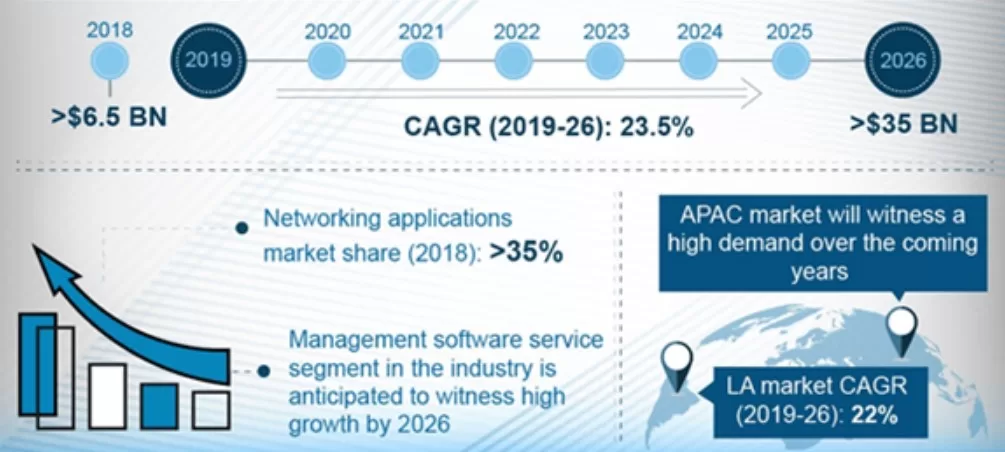
6. Hybrid and Multi-Cloud Hosting:
As businesses recognize the need for flexibility and resilience, hybrid and multi-cloud hosting will gain prominence. The future of hosting will involve seamlessly integrating on-premises infrastructure, private clouds, and public clouds to create a hybrid environment that suits specific business needs. This approach allows for efficient resource allocation, workload mobility, and disaster recovery strategies, offering businesses greater control and scalability.
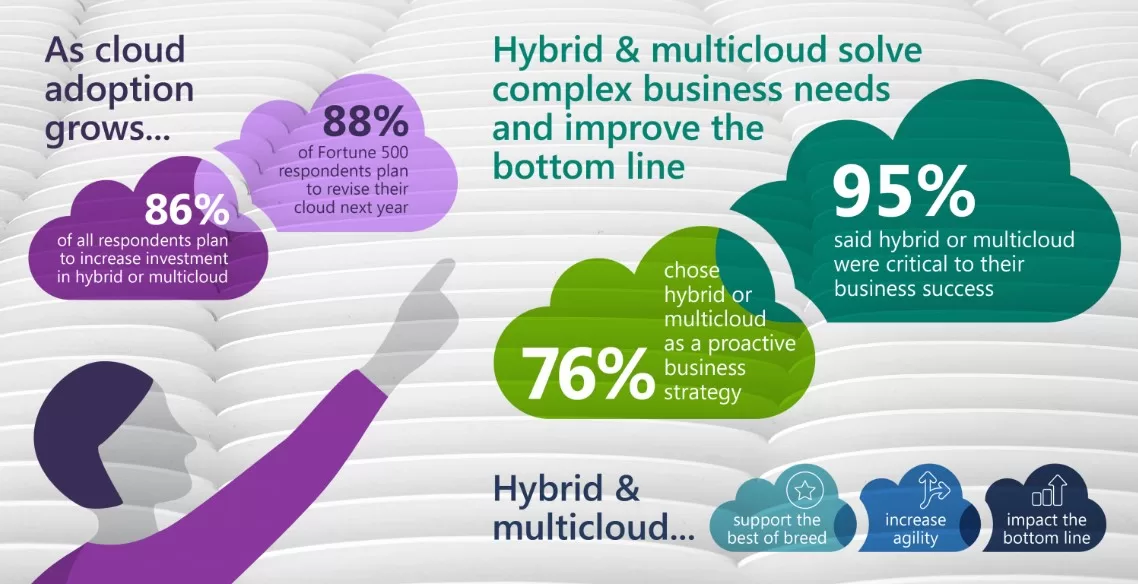
7. Enhanced Support and Managed Services:
Hosting providers will continue to focus on providing exceptional support and managed services to cater to businesses’ evolving needs. From round-the-clock technical assistance to proactive monitoring and maintenance, businesses will benefit from the expertise and experience of hosting professionals. Managed hosting solutions will allow businesses to offload the burden of infrastructure management, enabling them to concentrate on their core competencies.
Conclusion:
The future of hosting holds tremendous potential for businesses seeking dedicated server and web hosting solutions. With the rise of edge computing, cloud-native architecture,increased emphasis on security, AI and ML integration, green hosting, hyperconvergence, and hybrid and multi-cloud hosting, businesses can expect a host of innovative and transformative possibilities in the hosting industry.
By embracing edge computing, businesses can offer faster and more responsive online experiences to their customers. Cloud-native architecture empowers
Featured Post
Web Hosting Statistics 2026: Market Growth, Trends and Key Insights
In 2026, businesses face a digital landscape that’s faster, more competitive, and more infrastructure-dependent than ever. Yet many decision-makers still rely on outdated web hosting data, […]
What Is Localhost? Complete Guide to Master It (2026)
Table of Contents What Is Localhost? Local Hosting Definition How Localhost Works? Where is the Localhost File? Common Localhost Ports and Their Uses What Is the […]
API Hosting: How It Works, Types and the Most Cost-Effective Solutions
API hosting refers to the process of deploying and making an Application Programming Interface (API) accessible over a network — usually the internet — so that […]


